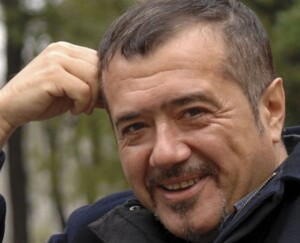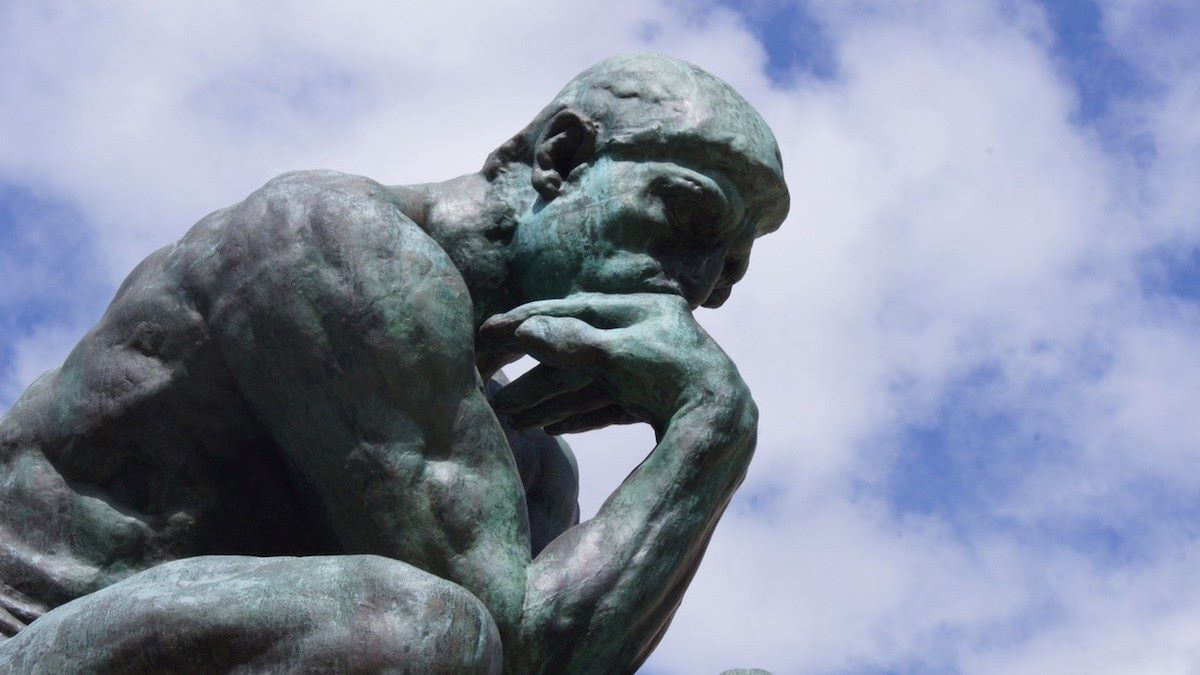If I go to the pharmacy to buy Aspirin, I believe that the box contains Aspirin and not arsenic. Many don’t believe this to be true about the vaccine. They believe the world is ruled by people who wish them ill. Critical thinking is based on scepticism. But the scepticism must not end in paranoia.

Vladimir Pistalo
Faith in science marked the era of Nikola Tesla. People assumed and believed that scientists and inventors could only do good. Journalists visited Tesla’s laboratory, calling it ’Ali Baba’s cave’, and asked him: What miracles are you working on? Men were considered clever to believe in science. They believed that everything, from music to science, is improving. This conviction was predominant at least until the First World War. Then, the death industry usurped inventions. Progress devoured its own children.
The Second World War and the propaganda war that followed increased scepticism levels world wide. A significant number of my American students don’t believe in progress. It’s difficult to pinpoint when this happened exactly. Public authority has never been more atomised. People don’t believe in progress and they don’t trust each other.
Everyone has a right to their own interpretation, but not everyone has a right to their own facts. We know that, yet it no longer applies. We also know Tito said ’I don’t acknowledge this judgement. I only acknowledge the judgement of my own party.’ Today, one could say ’I only acknowledge the judgement of my own social network’. People inhabit their own echo chambers, with no faith in progress, with their own facts and paralell conclusions.
How does this relate to the global covid-19 vaccination? In every way possible!
If I am shown a map of Banat, I assume that the map really is of Banat, and not Alabama. If I go to the pharmacy to buy Aspirin, I believe that the box contains Aspirin and not arsenic. Many don’t believe this to be true about the vaccine. They believe the world is ruled by people who wish them ill. Critical thinking is based on scepticism. But the scepticism must not end in paranoia. I don’t think there have ever been this many obscurantists, anti-vaxxers, and conspiracy theorists. People believe they are being lied to. That is true, but it isn’t true about everything. And they can’t deduce when it is true, and when it isn’t. And so the archetype of the spiteful rebel, whose freedom entitles him the right to threaten others, was born.
Whether it’s the vaccine, or the US election, paranoia has become the new normal. A man is considered clever because he does not believe in sicence, and for believing that the Banat map is actually one of Alabama.
So, what are the beliefs on the vaccines? That they haven’t been tested enough. Come on. That people will be chipped (as if our data is so difficult to track as it is), that it will temporarily cure the false symptoms of this fake virus, only to give the majority of the world population an incurable illness which will kill them in a year’s time (read all about it on Facebook before it’s gone).
Delmore Schwartz was right in saying that even the paranoid man has an enemy. The problem is that he has no friends, and that not even his own common sense is a friend to him. Overly believing in progress is no longer the problem. The lack of faith in progess is eating its own children.
Vladimir Pistalo, writer, professor, recipient of NIN and Mesa Selimovic literary awards.



Leave A Comment